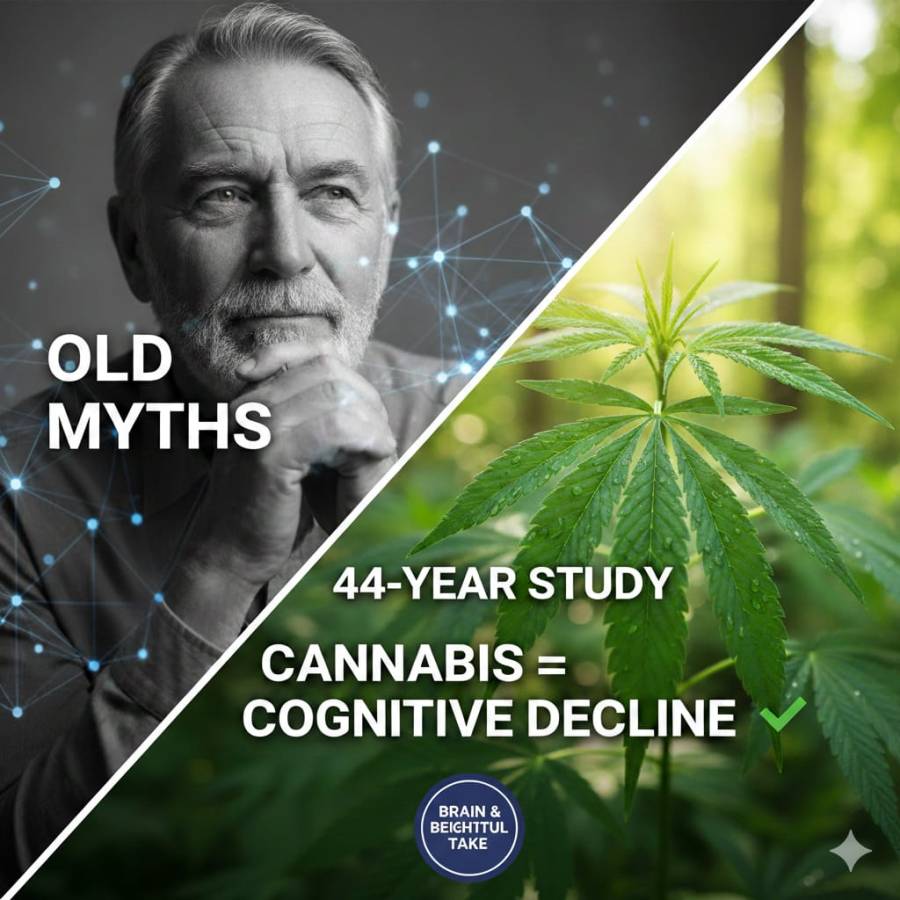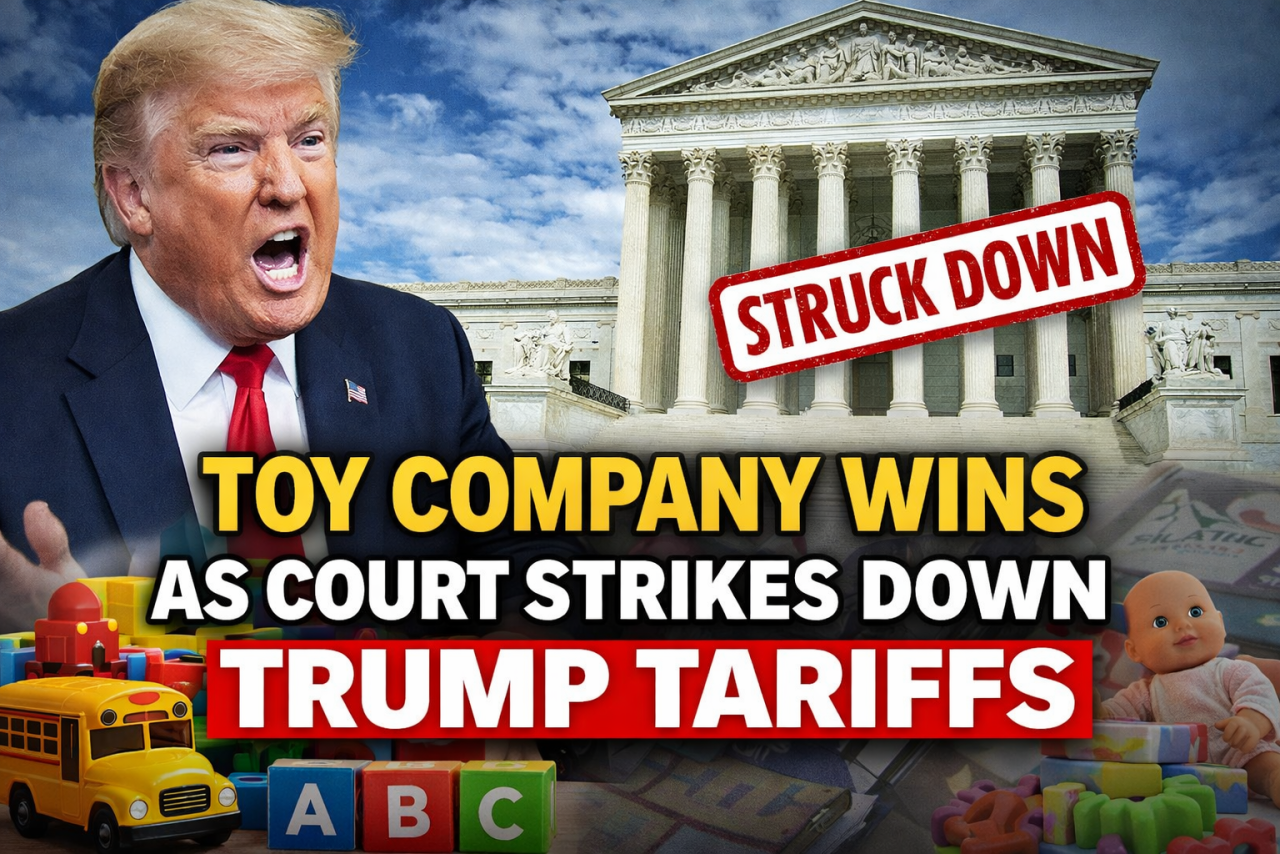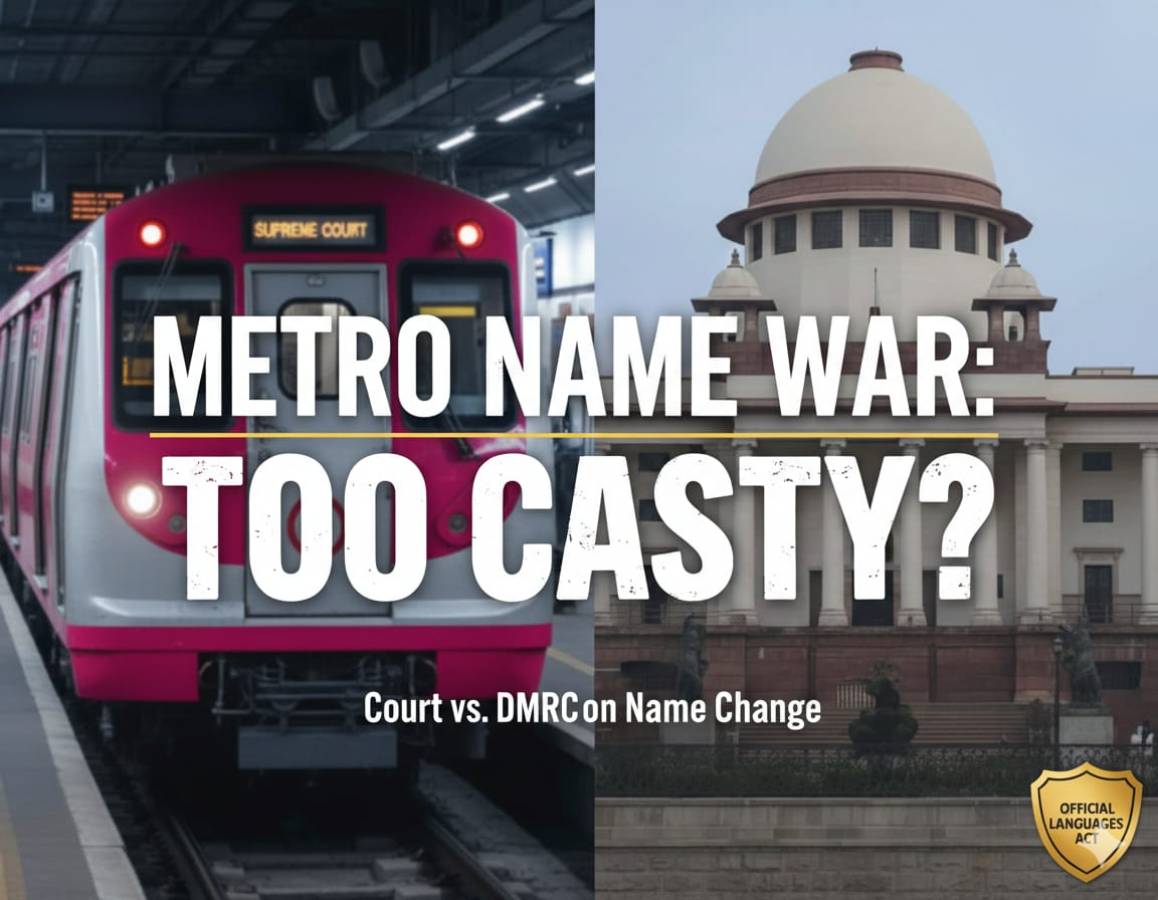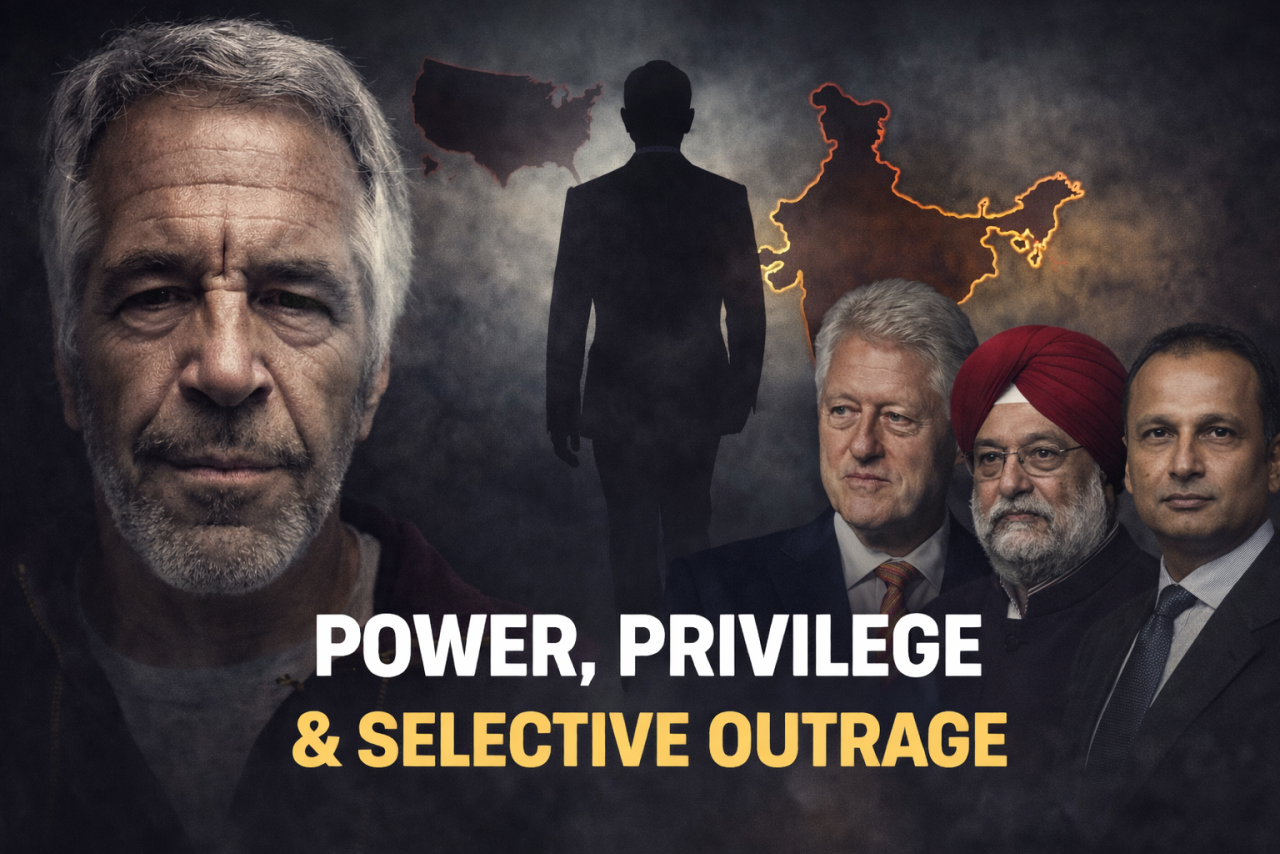
In the fast-paced world of digital marketing, influencers have become a crucial part of brand promotion. Their reach, engagement, and personal branding can drive massive consumer interest. However, with increasing scrutiny on past online behavior, brands are now running background checks on influencers before associating with them. This preventive measure ensures companies avoid unnecessary controversies that can damage their reputation.
As social media platforms continue to archive years of digital footprints, even a decade-old tweet or post can resurface and put brands in a difficult spot. To avoid such pitfalls, companies are adopting forensic-level vetting processes to ensure their chosen influencers align with their brand values.
Why Brands Are Scanning Influencers’ Past?
In recent years, several brands have suffered backlash due to the controversial past actions of influencers they collaborated with. Whether it was insensitive comments, political opinions, or inappropriate behavior, these past records have led to PR nightmares.
The rise of cancel culture and increased consumer awareness have made it essential for companies to conduct thorough due diligence. Consumers expect ethical and responsible branding, making it critical for businesses to partner with influencers who reflect their core values.
The Growing Trend of Influencer Background Checks
Leading marketing agencies and brands now employ digital intelligence platforms to analyze influencers' past activities. These background checks include:
- Social Media Audit: Scanning through years of social media posts, tweets, videos, and public interactions.
- Sentiment Analysis: Using AI tools to detect any controversial, racist, or offensive remarks from an influencer’s past.
- Content Review: Checking previous collaborations and evaluating whether their past endorsements align with the brand’s message.
- Legal and Ethical Compliance: Ensuring that influencers have not been involved in legal disputes or unethical practices.
Marketing professionals state that these measures are necessary to mitigate risks associated with influencer collaborations.
The Role of AI in Influencer Screening
AI-driven tools have become indispensable in the influencer vetting process. These tools analyze vast amounts of data within seconds, identifying red flags that could be detrimental to a brand’s image.
For instance, sentiment analysis tools can track an influencer’s language over time, detecting any patterns of offensive speech. Additionally, AI-powered content screening tools evaluate past videos, images, and text posts, highlighting any controversial elements.
Brands also rely on third-party reputation management companies to conduct forensic-level social media investigations. This ensures they collaborate with influencers who have a clean digital history.
Case Studies: Brands That Faced Backlash
Several companies have faced public outrage due to their association with influencers who had a questionable past. Some notable examples include:
1. Beauty Brand Controversy: A major cosmetics company had to terminate a contract with a beauty influencer after racist tweets from a decade ago resurfaced.
2. Sports Brand Scandal: A well-known sportswear brand faced immense criticism when an influencer promoting their products was found to have made offensive remarks about a marginalized community in the past.
3. Tech Brand Fallout: A technology company had to pull out of a collaboration when their chosen influencer was exposed for engaging in fraudulent activities.
These incidents underscore the importance of conducting thorough background checks before entering into influencer partnerships.
What Influencers Can Do to Stay Safe?
With brands becoming more vigilant, influencers must also take proactive steps to ensure their online presence remains favorable. Here are some essential measures they can adopt:
- Review Old Content: Influencers should periodically review and delete any posts that may not align with their current values.
- Be Transparent: If they have made mistakes in the past, acknowledging them and demonstrating growth can build credibility.
- Maintain Professionalism: Keeping personal opinions separate from professional content can help prevent unnecessary controversies.
- Work With Reputation Management Services: Influencers can use online reputation management firms to clean up their digital footprint.
The Future of Influencer Collaborations
As brands continue to invest heavily in influencer marketing, due diligence will become an industry standard. Companies will likely implement even stricter guidelines for influencer partnerships, ensuring every collaboration aligns with their brand ethos.
In the future, influencers may be required to undergo certification processes, verifying their credibility and past behavior before securing brand deals. AI-driven analytics and machine learning will further refine this vetting process, making it more efficient and foolproof.
Conclusion
The era of casual influencer marketing is evolving into a more structured and risk-averse approach. Brands can no longer afford to associate with individuals whose past actions may trigger controversies. By employing AI-powered background checks and forensic social media audits, companies are ensuring they collaborate with influencers who align with their values.
For influencers, this means maintaining a clean digital footprint and being mindful of their online behavior. As digital marketing continues to grow, trust and credibility will remain the key factors in successful brand partnerships.





















